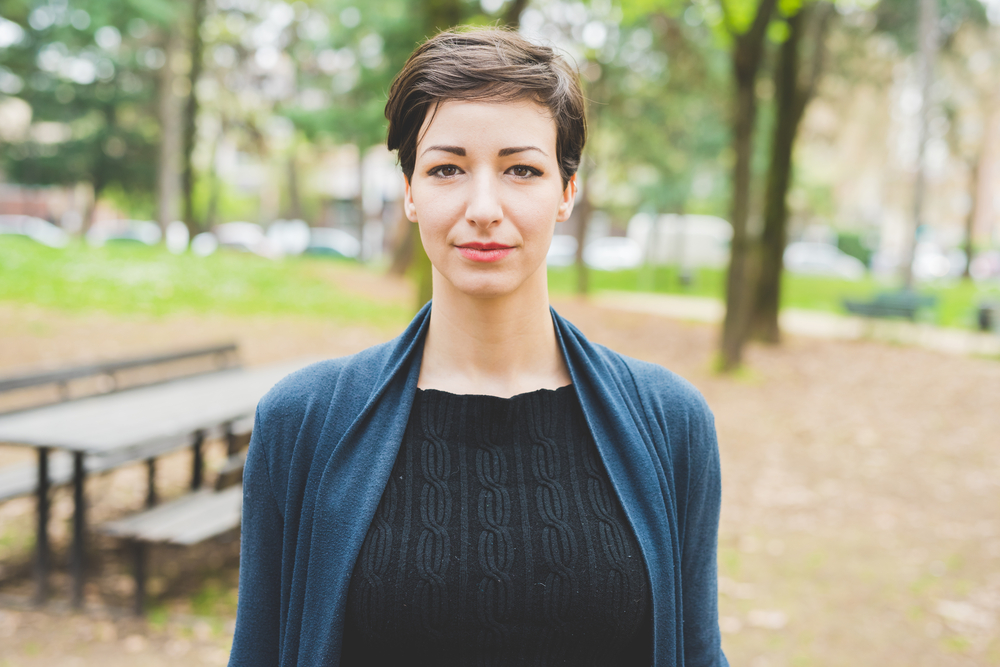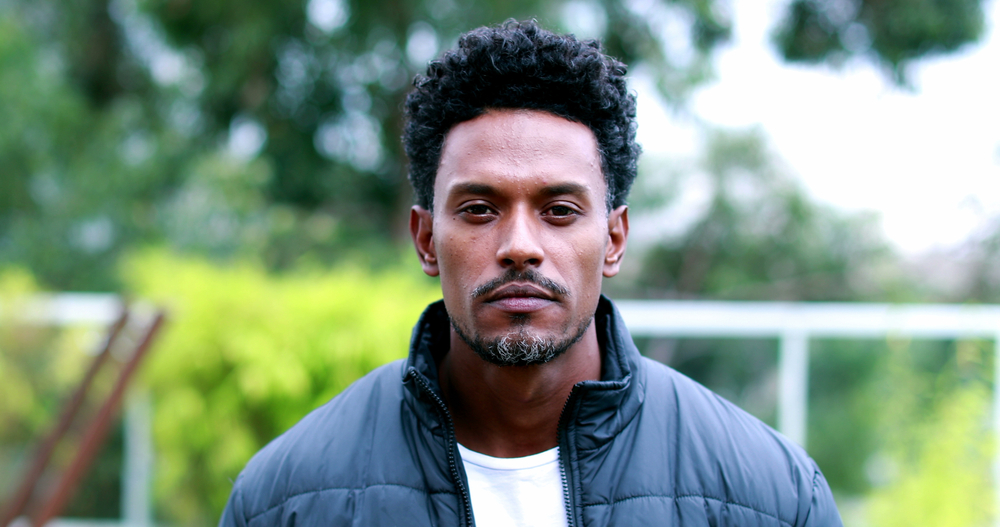Have you ever met someone who radiates kindness and leaves you feeling uplifted after every interaction? These people possess a unique ability to make people feel valued and appreciated. While their kindness might seem effortless, it’s actually a conscious choice reflected in their words and actions. Genuinely kind people understand the power of language and choose their words carefully, avoiding phrases that could hurt or belittle anyone. Let’s explore some of the things they never say, and how their thoughtful communication creates a positive and supportive environment for everyone.
1. “I told you so.”

We all make mistakes, and the last thing anyone needs is someone rubbing it in their face. Kind people understand that mistakes are opportunities for growth and learning. Instead of saying “I told you so,” they offer support and encouragement, focusing on helping the person move forward rather than dwelling on the past. Their empathy and understanding create a safe space where everyone feels comfortable admitting their shortcomings and seeking guidance.
2. “That’s not my problem.”

Genuinely kind people are always willing to lend a helping hand, even if the issue doesn’t directly affect them. They understand that we’re all interconnected and that even small acts of kindness can make a big difference in someone’s life, as Vox points out. Instead of dismissing someone’s problem as “not their concern,” they offer support, guidance, or simply a listening ear. Their willingness to help creates a sense of community and strengthens relationships.
3. “You’re so sensitive.”

Everyone has different sensitivities and triggers, and kind people respect those differences. Instead of dismissing someone’s feelings as “overreacting” or “being sensitive,” they validate their emotions and try to understand their perspective. This kind of empathy helps people feel heard and understood, which can be incredibly healing and empowering.
4. “It’s your fault.”

When things go wrong, kind people don’t point fingers or assign blame. They focus on finding solutions and working together to overcome challenges. They understand that mistakes happen, and that everyone has different strengths and weaknesses. Instead of saying “It’s your fault,” they offer support and encouragement, helping people learn from their mistakes and move forward with confidence.
5. “You’re not good enough.”

Kind people believe in other people’s potential and encourage them to pursue their dreams. They never put anyone down or make them feel like they’re incapable of achieving their goals. Instead of saying “You’re not good enough,” they offer words of affirmation and support, helping people build confidence and self-esteem.
6. “I’m better than you.”

Genuinely kind people don’t compare themselves to anyone else or try to prove their superiority. They celebrate their own achievements without putting anyone down. They understand that everyone has unique talents and abilities and that there’s no need to compete or compare. Instead of saying, “I’m better than you,” they focus on building people up and creating a positive and supportive environment.
7. “You should be ashamed of yourself.”

Everyone makes mistakes, and kind people understand that shame is not a productive emotion. Instead of making someone feel ashamed, they offer guidance and support, helping them learn from their mistakes and make amends. They believe in forgiveness and second chances, and they encourage other people to do the same.
8. “You always…” or “You never…”

These absolute statements are rarely accurate and can be hurtful. Kind people avoid generalizations and focus on specific behaviors or situations. Instead of saying “You always…” or “You never…”, they address the issue at hand in a constructive and non-accusatory way. This approach helps to maintain open communication and avoid unnecessary conflict.
9. “That’s stupid.”

Kind people understand that everyone has different ideas and perspectives, and they respect those differences. Instead of dismissing someone’s idea as “stupid,” they try to understand their reasoning and offer constructive feedback. Even if they disagree with the idea, they do so in a respectful and tactful way, focusing on the idea itself rather than attacking the person who suggested it.
10. “You’re overreacting.”

Emotions are valid, and kind people acknowledge and validate people’s feelings. Instead of telling someone they’re “overreacting,” they try to understand the root of their emotions and offer support and empathy. They know that everyone has different triggers and sensitivities, and they respect those differences. By doing this, they create a safe space where people feel comfortable expressing themselves without fear of judgment.
11. “This is so easy, why can’t you do it?”

What might be easy for one person might be challenging for another. Kind people recognize that everyone has different strengths and weaknesses and that learning takes time and effort. Instead of belittling someone for struggling with a task, they offer patience and guidance, helping them develop the skills they need to succeed. Their supportive attitude creates a positive learning environment where mistakes are seen as opportunities for growth.
12. “Why do you always…?” or “Why do you never…?”

These accusations are often exaggerated and unproductive. Kind people avoid making sweeping generalizations about anyone else’s behavior and focus on specific instances or concerns. Instead of saying “Why do you always…?” or “Why do you never…,” they address the issue at hand in a calm and respectful manner, seeking to understand the underlying reasons for the behavior and find solutions together.
13. “You make me so angry.”

Kind people take responsibility for their own emotions and don’t blame anyone else for how they feel. They understand that everyone has different triggers and reactions, and they respect those differences. Instead of saying “You make me so angry,” they express their own feelings in a healthy way, using “I” statements to explain how the other person’s behavior has affected them. This approach encourages open communication and avoids blaming or shaming other people, Forbes explains.
14. “You’re too old/young for that.”

Age is just a number, and kind people don’t judge anyone based on their age or impose their own expectations on what’s appropriate for different age groups. They encourage people to pursue their passions and dreams, regardless of their age. Instead of saying, “You’re too old/young for that,” they celebrate the diversity of interests and experiences and support people in their endeavors.
15. “You’re so dramatic.”

Kind people understand that everyone expresses their emotions differently, and they don’t judge anyone for being “dramatic” or “emotional.” They offer support and empathy, helping people process their feelings in a healthy way. They know that emotions are a natural part of the human experience, and they create a safe space where people feel comfortable expressing themselves without fear of ridicule or judgment.
16. “Just get over it.”

Healing takes time, and kind people understand that everyone processes emotions and experiences differently. Instead of telling someone to “just get over it,” they offer patience and support, allowing people to grieve, heal, and move forward at their own pace. They provide a listening ear, a shoulder to cry on, and words of encouragement, helping people navigate difficult times with compassion and understanding.
17. “I don’t care.”

Genuinely kind people care about their fellow human beings and show it through their words and actions. They express interest in people’s lives, offer support, and lend a helping hand when needed. They understand that even small acts of kindness can make a big difference in someone’s life. Instead of saying “I don’t care,” they demonstrate their care through their actions, encouraging a sense of connection and belonging.




